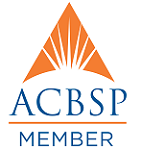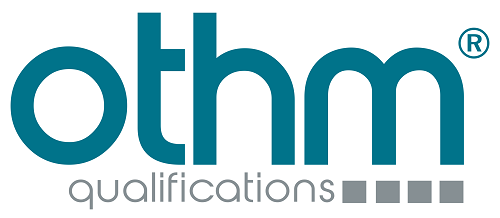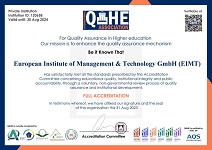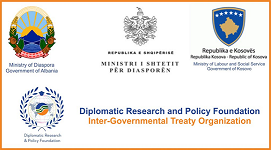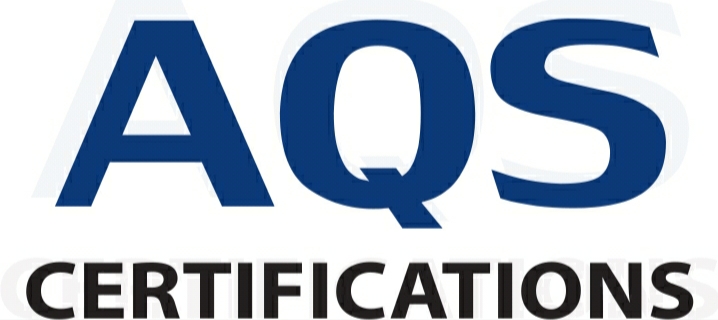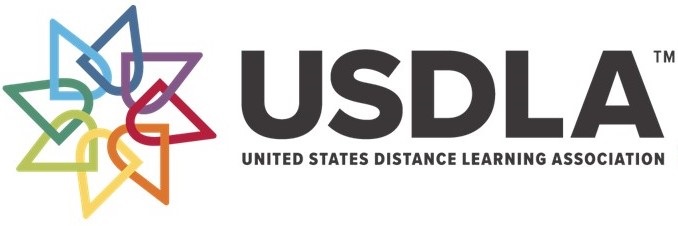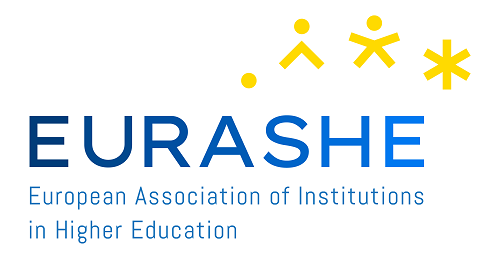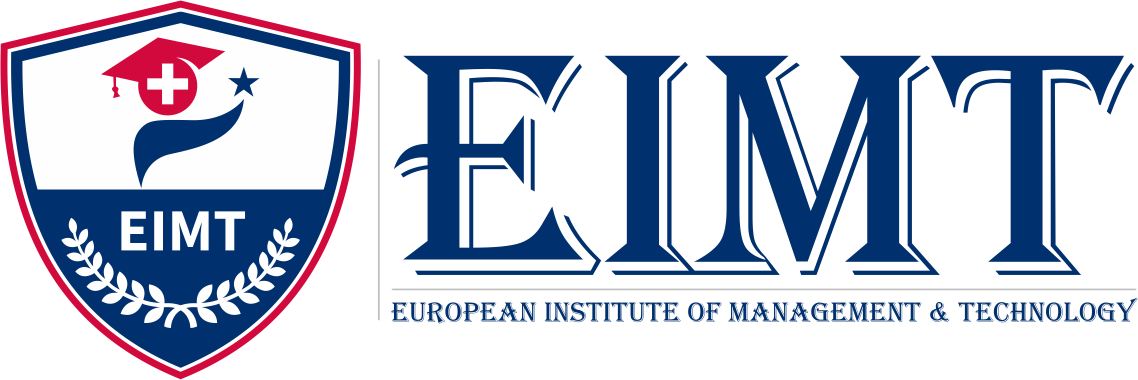
Accreditation And Membership
- Home
- Accreditation And Membership
EIMT Accreditation, Membership and Swiss Regulatory Framework
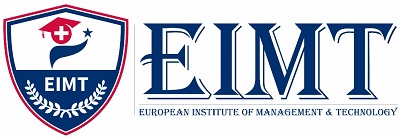
Accreditation and Membership
Accreditation Council for Business Schools and Programs (ACBSP)
Founded in 1988, the Accreditation Council for Business Schools and Programs (ACBSP) is a global business education accrediting body offering accreditation to all levels of collegiate business education degree programs from associate to doctoral. ACBSP is one of the most respected and highest-quality global accreditation organizations in the field of management and higher education. It oversees the quality and standard of the educational institution, the study programs, and the quality of the professional lecturing team. With recognition from the Council for Higher Education Accreditation (CHEA), USA, ACBSP Accreditation has become the gold standard for quality and excellence in business education. With over 1,100 member campuses, ACBSP has become one of the largest and most influential networks of business schools and programs globally The European Institute of Management and Technology (EIMT) is a proud Member of the ACBSP.
OTHM United Kingdom
OTHM is a
well-established UK based Awarding Organization
regulated by Ofqual (Office of the
Qualifications and Examinations Regulation,
Government of UK). Ofqual was set up in April
2010 under the Apprenticeships, Skills, Children
and Learning Act 2009, UK and is also covered by
the Education Act 2011, UK.
OTHM is a forward-thinking organization with the
aim of supporting industries and professions by
making available high-quality qualifications and
endorsed learning opportunities for individuals
and organizations. OTHM has established itself
as a beacon of educational excellence, OTHM
Qualifications have become synonymous with
innovation, integrity, and global recognition.
OTHM has established strong academic
relationships in the UK and overseas to ensure
that OTHM qualifications are recognized
globally.
read more close
At EIMT, we take pride in being your premier education partner, dedicated to providing unparalleled learning experiences. As an organization committed to academic excellence and professional growth, EIMT has been approved as a OTHM centre to deliver OTHM Qualifications. Together, we aim to empower individuals with the knowledge and skills needed to thrive in today's dynamic and competitive landscape. We take pride in offering a diverse range of qualifications that cater to the evolving needs of individuals and industries alike.
Click Here to verify the OTHM Qualifications certificate for EIMT programme at the institute.
Quality Assurance in Higher Education (QAHE)
The European Institute of Management and Technology (EIMT) has been granted full accreditation by the International Association for Quality Assurance in Pre-Tertiary & Higher Education (QAHE). QAHE's accreditation underscores EIMT's unwavering commitment to delivering an exceptional education that adheres to international standards of excellence and adherence to rigorous quality benchmarks. QAHE, a globally recognized accrediting organization, rigorously assesses educational institutions to ensure they maintain the highest levels of academic integrity, ethical conduct, and professional practices. EIMT has met all QAHE's stringent criteria, a testament to its dedication to providing outstanding education to students worldwide.
read more close
EIMT's commitment to delivering accessible and high-quality education perfectly aligns with QAHE's mission to uphold quality assurance in pre-tertiary and higher education across the globe. QAHE is recognized by esteemed bodies such as the National Agency for Quality Assurance in Education & Research (Moldova), the Agency for Accreditation of Educational Programs & Organizations (Kyrgyzstan), the Council on International Higher Education Supervision (Austria), the Higher Education Council (Syria), etc. (Click here to view the full list). QAHE rewards secondary schools for their research performance, student performance and teaching quality to improve public confidence. Accreditation of higher education institutions is a voluntary, non-governmental process of assurance and institutional development. Click here to verify the QAHE Certification for EIMT.
Diplomatic Research and Policy Foundation (DRPF)
The European Institute of Management and Technology (EIMT) has been granted Accreditation for two years by the Diplomatic Research and Policy Foundation (DRPF). Diplomatic Research and Policy Foundation is a prestigious Intergovernmental Organization and a Government recognized Accreditation Agency founded by the Ministry of Education and Science, Republic of Macedonia, and the Ministry of Diaspora, Republic of Albania. The same s now graced by the presence of the Ministry of Labour and Social Service, Government of Kosovo. DRPF is affiliated in many facets with the UN, UNESCO, IUCN, and UNEP. It operates with networks and partners including UN entities (UNRISD, UNDESA) and other stakeholders.
AQS QAHE- ISO/IEC 40180:2017
The
European Institute of Management and Technology
(EIMT) has been granted the prestigious ISO/IEC
40180:2017 Certification issued by the AQS, UK.
The ISO certification provides the fundamentals
and the reference framework for quality
assurance, quality management and quality
improvement in IT-enhanced E-learning,
education, and training.
AQS, UK is a reputed and independent
certification body with a strong track record.
At EIMT, we are deeply committed to deliver
quality education and the ISO/IEC 40180:2017
underscores EIMT's unwavering commitment to
delivering an exceptional education.
This certification recognizes EIMT's commitment
to maintaining high quality and standards in
content delivery and online education. The
assessors have specially appreciated EIMT’s
online course development practices,
student-teacher relationships, and the virtual
internship semester. Also appreciated was our
dedication to providing written summaries of
discussions and timely evaluations, grading, and
feedback further enhances the student
experience.
read more close
Click here to verify the ISO Certification for EIMT.
United States Distance Learning Association (USDLA)
The
European Institute of Management and Technology
(EIMT) is a proud Member of the prestigious
United States Distance Learning Association
(USDLA).
Founded in 1987, the USDLA is the premier
professional membership organisation designed to
Advocate and Support the needs of Distance
Education leaders. USDLA's resources support the
professional distance education community
serving education, business, healthcare, and
government.
USDLA represents the education, business, health
and government sectors domestically and
internationally as its voice continues to
influence policy development, research,
leadership and best practices in distance
education.
USDLA accreditation underlines EIMT's unwavering
commitment to providing an exceptional education
that adheres to international standards of
excellence and strict quality criteria.
European Association of Institutions in Higher Education (EURASHE)
The
European Institute of Management and Technology
(EIMT) is a full member of the European
Association of Institutions in Higher Education
(EURASHE). Co – Funded by the European
Union, the European Association of
Institutions in Higher Education (EURASHE) was
founded in Patras (Greece) in 1990 as an
international association promoting and
emphasising Professional Higher Education
(PHE). EURASHE is one of the eight
consultative members of the Bologna
Follow-Up Group. https://www.ehea.info/page-consultive-members
EURASHE members include national organisations,
colleges, polytechnics, university colleges, and
universities. Today, EURASHE has more than 50
members, through which it represents more than
500 universities of applied sciences, university
colleges, and other institutions of PHE in
European Higher Education Area.
read more close

